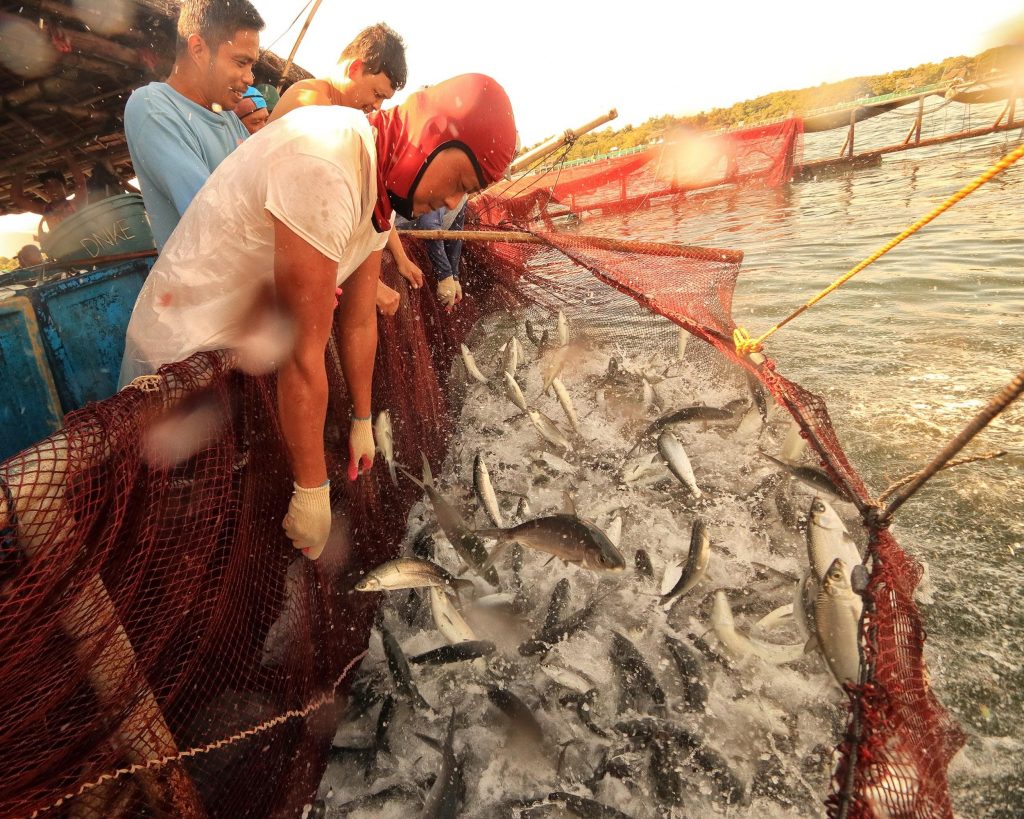
There are plenty of fish in the sea – but not for long, if we continue to fish unsustainably. In recent weeks, Philippine media reported on the shortage of bangus, and rising prices of staple fish like tilapia and galunggong.
According to a report by the Food and Agriculture Organization (FAO), a third of the world’s oceans are overfished. Stocks fished within biologically sustainable levels has decreased from 90 percent to 66.9 percent, with some fish species not having enough population left in the ocean to replenish and reproduce.
Over the years, the demand for seafood has drastically increased. Some 3.2 billion people rely on fish for almost 20 percent of their animal protein intake. Some communities, usually in developing countries, depend on fish as a key source of protein and healthy fat. In fact, fish consumption in the world today has exceeded the consumption of meat from all terrestrial animals. The global fish consumption has increased by 3.2 percent in 2017—twice the 1.6 percent increase in 2016.
Sadly, not all of the fish caught or produced end up on our plates. The FAO revealed that around 35 percent of the fish and seafood harvested is lost or wasted. Seafood waste also wastes the energy used in transporting it from the ocean to the plate (or however far it gets), and most critically is a pointless risk to biodiversity.
Role of the seas of East Asia
Known for their rich oceans and seas, countries in the East Asian Seas region play a significant role in global fish production. China, Viet Nam, and Japan are among the world’s largest producers and exporters of fish and fish products. In addition, Asia is a huge food fish consumer, accounting for two-thirds of the 149 million tonnes consumed globally in 2015.
The world’s fisheries also employ 59.6 million people, 85 percent of whom work in the fisheries and aquaculture sectors of Asia. Thus, looming threats to fisheries such as overfishing, climate change, marine habitat destruction, and marine plastic pollution could damage the livelihoods of millions of people. For these reasons, the shift to sustainable fisheries is being promoted to ensure we have an adequate supply of fish and seafood for the future.
Ocean leaders and advocates are invited to join the discussion on sustainable fisheries at the East Asian Seas (EAS) Congress 2018 in Iloilo City, Philippines on November 27-30, 2018. Dale Galvin, Managing Director of Sustainable Markets and Impact Investing at RARE, will be a featured speaker. Mr. Galvin will talk about the fishing industry and how we can practice and support sustainable fisheries for the future of our shared seas.
For more information on the 2018 EAS Congress, please visit: http://eascongress2018.pemsea.org/

